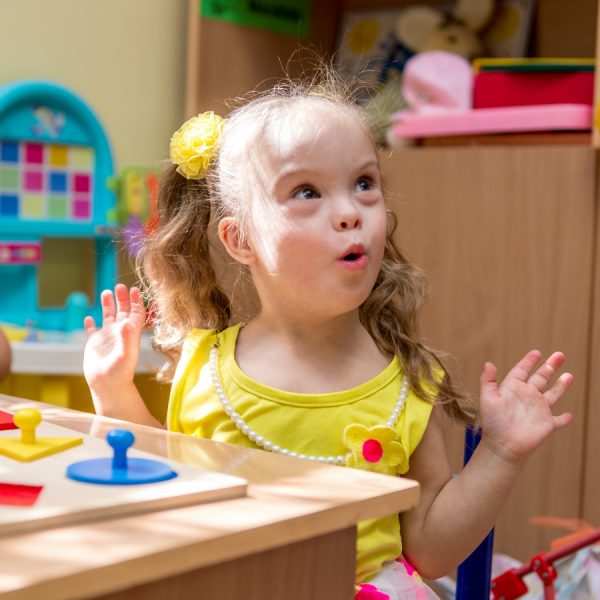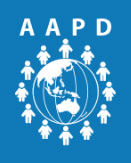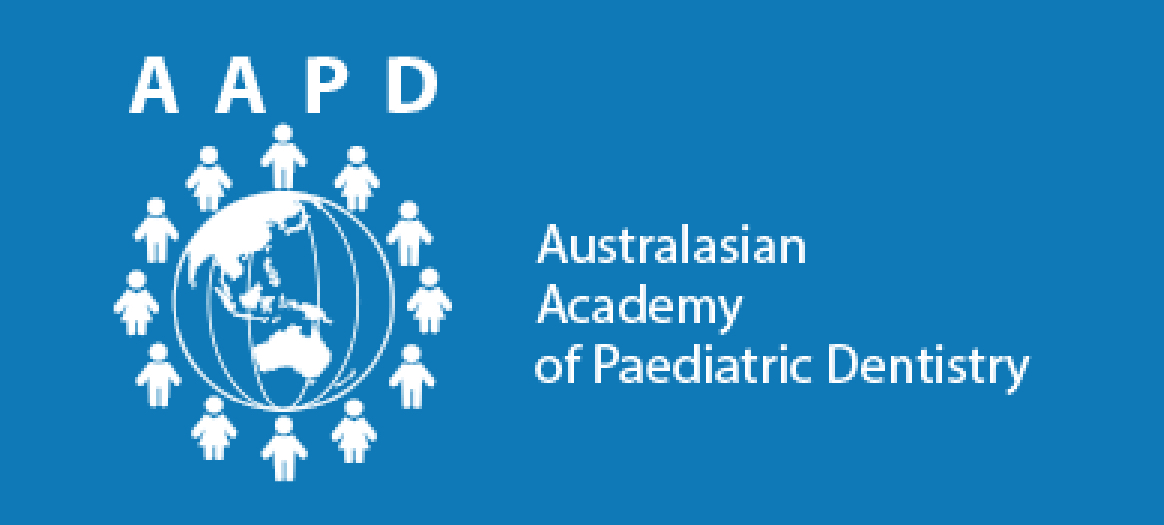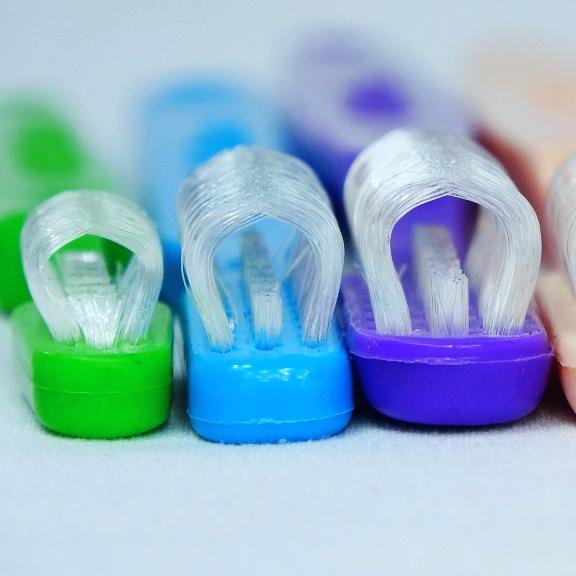Special needs information
Dental Specialists caring for children’s oral health

Dental Care for Special Kids
Dental Specialists caring for children's oral health
The general rules for good oral care apply to all children. These rules focus on improving resistance to tooth decay, reducing harmful bacteria in the mouth by thorough mouth cleaning and appropriate fluoride exposure, having a balanced diet that is low in refined carbohydrates, and seeing your dental professional regularly. For children with special needs, providing dental care can be difficult and challenging. Therefore, for these children and their families, maintaining oral health is especially important.
AAPD has continued strong representation on the Disability and Oral Health Collaboration (DOHC) which is a joint academic and professional group, coordinated by Deakin and Melbourne Universities. Closely linked to this partnership is a diverse group working in the area of oral health and disability – Inclusion Melbourne (IM).
Children and young people with disabilities are at increased risk of poor oral health and face multiple barriers to accessing dental services.
AAPD in collaboration with DOHC and IM have developed guides and resources for oral health practitioners and other support professionals – to help improve the oral health experiences of our patients with disability. They provide strategies that dental practitioners can utilise to identify barriers and oral health risk factors and assist with patients’ support networks in providing high quality and timely dental care.
Many children and teenagers with special needs cannot manage their daily oral care by themselves. They need assistance from parents and/or caregivers. It is not easy to clean someone else’s teeth, especially if they resist your help. In some instances it may be necessary for more than one person to help with daily oral cleaning. Online resources are available to help teach parents/caregivers how to deal with this task.
Children with limited coordination and motor skills often find toothbrushing a challenge. There are several ways to make toothbrushing easier for them. One way is to use an electric toothbrush. The head of the brush works much more quickly than a manual toothbrush. The movement of the head of the electric toothbrush can clean teeth better than a manual toothbrush.
Another way to make toothbrushing easier for children with limited motor skills is to make a bulky handle on a normal toothbrush. You can fill a small ball or bicycle handle grip with plaster or plastic material, and insert a toothbrush before the plaster or plastic sets. The head size of the brush should be small or medium. Your dental professional may be able to help you make one of these special toothbrush handles.
Some special children may resist mouth cleaning by biting on the toothbrush. Similarly, some children with neuromuscular problems may bite down when attempts are made to use a toothbrush in the mouth. To protect the child as well as the parent/caregiver, a tooth rest or mouth prop can be used. There are mouth props that are available commercially, and may be known as “open wide disposable mouth rests”. As an alternative to a commercially made mouth prop, you can wrap five wooden tongue depressors together with adhesive tape, and use this to keep the mouth open during mouth cleaning. Another option is to use a second toothbrush with a bulky handle and encourage the child to gently close their teeth on the handle of one toothbrush while the other toothbrush is used to brush the teeth on the other side.
Special toothbrushes can sometimes make the cleaning easier. Single use disposable sponge brushes are commercially available, and these may be of value when conventional toothbrushes cannot be used. For children with a risk of aspiration, a suction toothbrush can be made, and linked to a home suction unit to remove saliva while brushing. The Collis Curve toothbrush can help to simplify toothbrushing and minimise gagging where access is difficult.
It is important that special needs children see their dental professional on a regular basis. Children with disabilities and special medical needs face an endless parade of specialists and clinical visits. Sometimes making appointment for dental care drops to the bottom of the list. This is a mistake. Oral health is an important part of total health. Regular dental visits ensure that daily oral care techniques can be taught or reinforced, and small problems can be identified before they become big ones.
There is another important benefit from regular dental visits. For children who find it difficult to cope in the dental chair, regular dental visits build familiarity and confidence with the dental surroundings. Children get to know the dental professional, the dental staff, and the office environment. This can make treatment much easier when it is needed, as the children have already developed trust with the dental team.
Some dental offices provide pictures of the dental staff and clinical surrounds on their websites to help prepare children for dental visits. This can be helpful with special children as they are often visually oriented. Prior to a dental visit, it may be helpful for you to develop a social story about the dental visit ahead of time, to help prepare your child.
Some children require extra precautions or attention for their dental care. For example, a small group of children with congenital heart defects may require antibiotics before certain dental procedures. Children lacking the ability to relax and cooperate in the dental chair may need medications to help them relax. These will be discussed with you, and if necessary prescribed by your dentist.
More information can be accessed on the website here.
AAPD has continued strong representation on the Disability and Oral Health Collaboration (DOHC) which is a joint academic and professional group, coordinated by Deakin and Melbourne Universities. Closely linked to this partnership is a diverse group working in the area of oral health and disability – Inclusion Melbourne.
For more information click here | Inclusion Melbourne (IM) website



